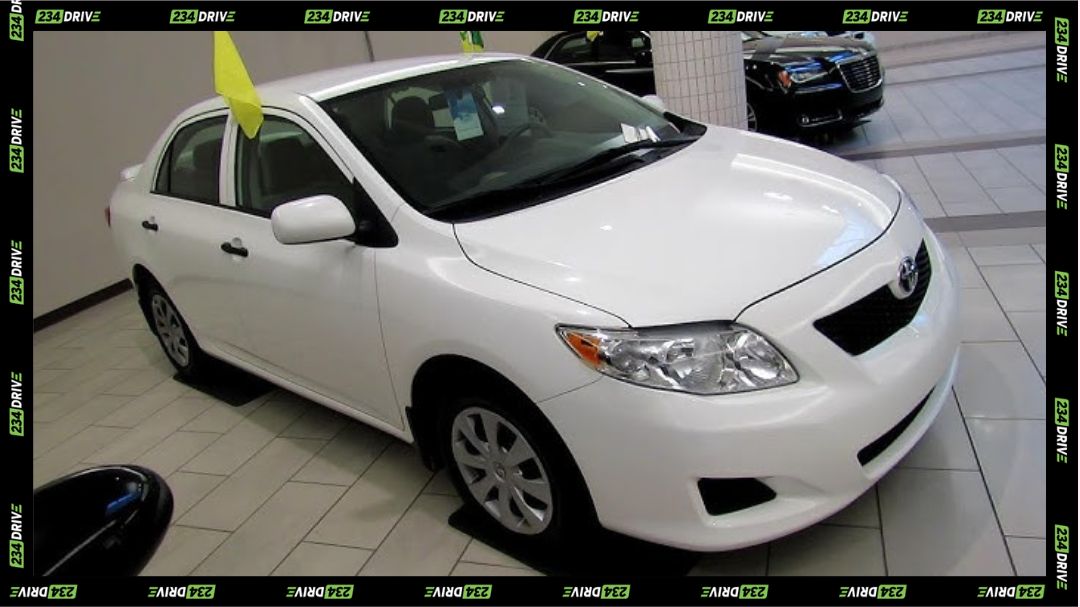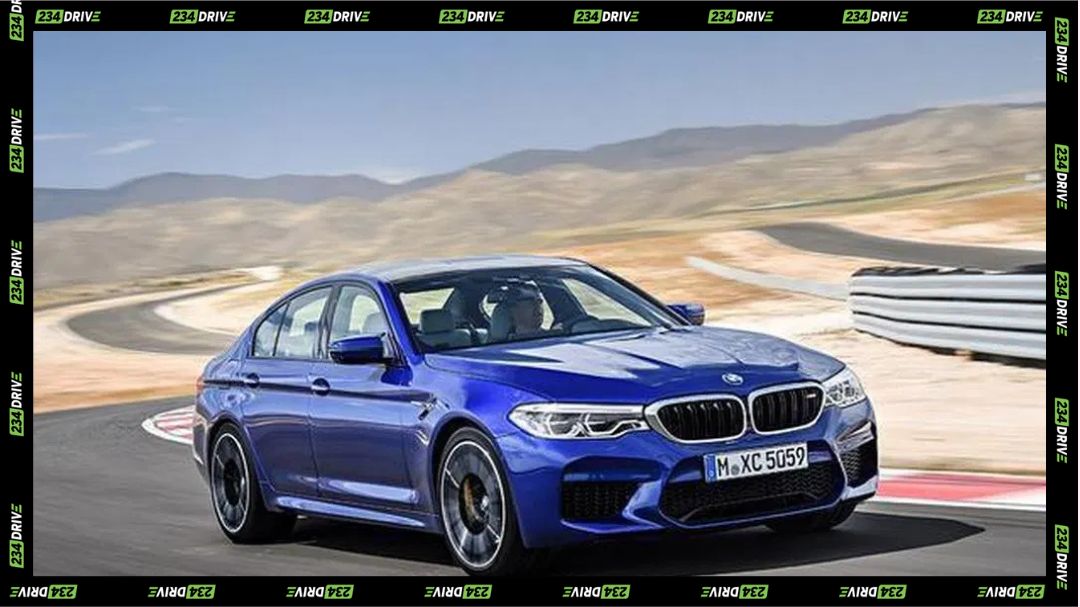Volkswagen Group is staring at an €11 billion shortfall in its 2026 investment plan—a gap large enough to not only delay new models but also freeze factory upgrades and slow development across nearly 100 plants worldwide. The supervisory board has paused approval of its next major spending package, leaving key late-decade projects without a confirmed path forward.
Volkswagen’s Mounting Financial Pressure: U.S. Profit Collapse and Porsche’s Strategic Reversal
The strain lands as Volkswagen reports a 67% profit collapse in its U.S. business, a sign of how tight margins have become at the same time the company needs large amounts of cash for its EV transition, software upgrades, and global plant modernisation. Production costs are rising, and demand is weakening in China and Europe. Additionally, the cost of electrification continues to weigh on Volkswagen’s flexibility, especially as it takes the brunt of Porsche’s strategy reversal.

German outlet Bild reports that the investment approval could take months. Until then, model sign-offs, platform updates, battery-sourcing plans, and factory upgrades remain on hold. This uncertainty is already affecting suppliers who depend on Volkswagen’s timelines for their own development and production planning.
How Volkswagen’s €11 Billion Shortfall Threatens Its EV Future and Future Upgrades
Some of the biggest risks sit within the company’s long-term EV plan. Volkswagen has committed €160 billion to electrification, software, and new platforms, but parts of that roadmap are now frozen. Several next-generation EVs, including vehicles tied to U.S. factory expansion, could face multi-year delays if the financial gap persists.
The potential delay stretches beyond Europe and the U.S. One of the projects now at risk is Volkswagen’s planned 4 billion-rand (around $210 million) investment in its South African plant, intended to upgrade production for a new SUV starting in 2027. The upgrade was designed to strengthen Volkswagen’s manufacturing base in Africa, but a prolonged investment freeze could push the timeline back and limit the company’s regional momentum.
Rising Competition in Africa and Margin Strain in Europe Could Deepen Volkswagen’s Profit Risks
Furthermore, the delay comes at a time when other brands are quietly expanding across Africa. Proton Holdings, the Malaysian automaker, has already entered Mozambique and set up CKD and assembly operations in Egypt—moves that position it to grow further in the markets where Volkswagen risks losing ground if its plans remain stuck. BYD is also accelerating across the continent, now present in at least 17 African countries, giving it a wide sales and dealership footprint at a time when Volkswagen is struggling to execute its own regional investments.
Volkswagen’s competitive pressure is also visible in Europe, where its operating margin trails BMW and Mercedes, reducing its ability to fund aggressive EV development. Even strong sellers in its SUV lineup cannot offset the scale of the group-wide financial gap.
If the freeze continues, suppliers may face reduced orders, development partners could see stalled programmes, and consumers will likely encounter fewer new Volkswagen models between 2026 and 2028.









